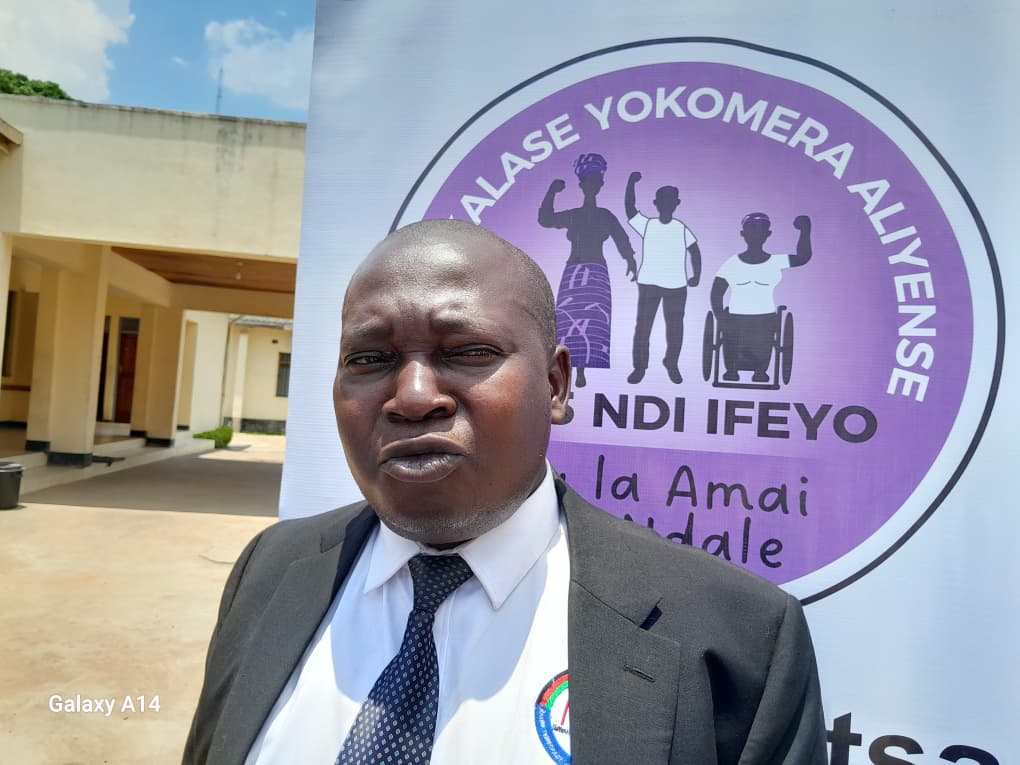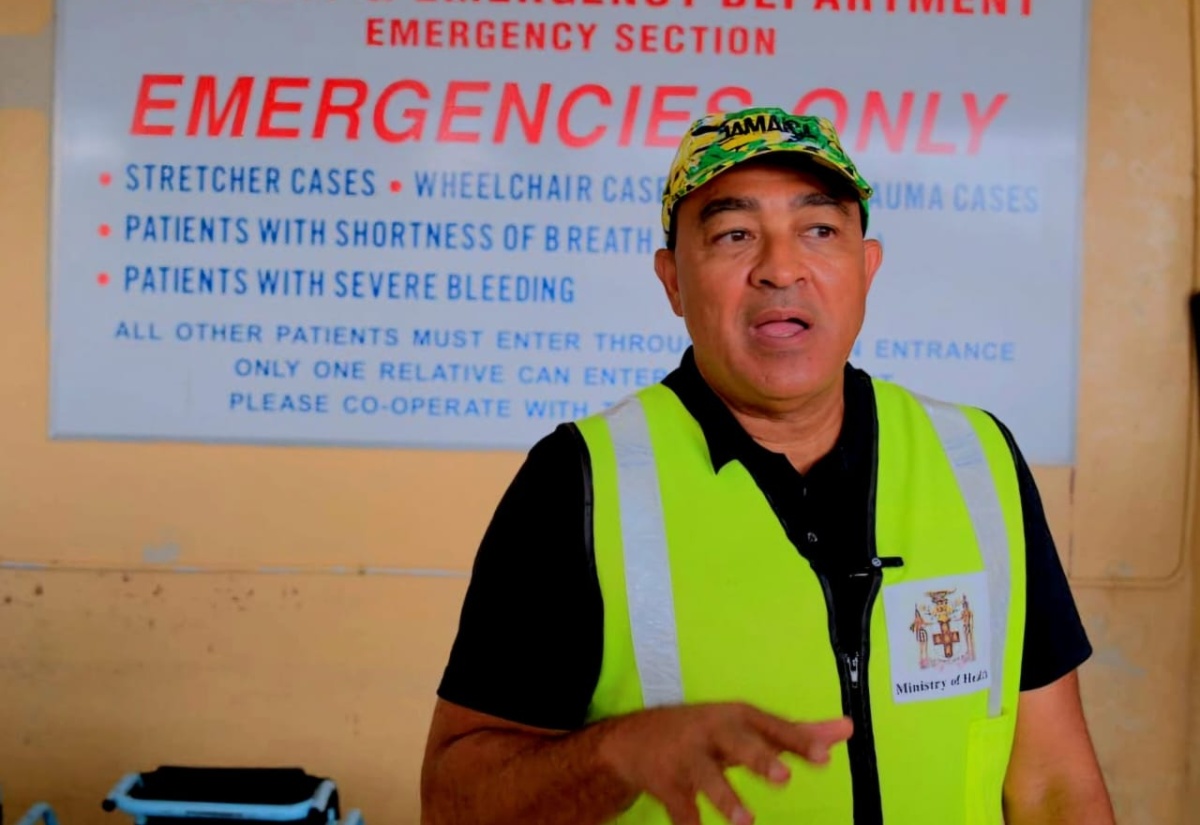Copyright capitalradiomalawi

Under the blistering Mangochi sun, a group of women who dared to contest in Malawi’s September 2025 general elections gathered quietly in a modest conference hall. Their laughter was warm but measured — the kind that masks the weight of reflection. For these women, politics is no longer just an idea of empowerment; it’s a battlefield of endurance, culture, and hope. The meeting, organized by the Centre for Civil Society Strengthening (CCSS) with the support of the Embassy of Iceland through Oxford Malawi, marked a moment of reckoning — an evaluation of the “Liu La Amayi mu Ndale” project. The project, translated as “The Voice of Women in Politics,” was launched to champion the 50-50 campaign, an effort aimed at equal political participation between men and women. But as CCSS Executive Director Viwemi Chavula bluntly put it, “The 50-50 campaign remains a work in progress.” The Numbers Behind the Narrative In Mangochi, the statistics tell a sobering story. Out of 13 constituencies, only 3 women made it, compared to 2019 who were 4. And out of 10 wards in Mangochi Municipality, only 3 secured positions in the local council. “It’s not that women are absent,” Chavula explained during the meeting. “They are showing up. But the numbers are too low for us to claim success. What we need is for more women to run as candidates. The greater the participation, the better our chances.” His remarks underscore a critical truth about women’s political participation in Malawi: visibility has improved, but representation lags far behind. Chavula emphasized that women’s leadership should be nurtured year-round, from the grassroots to the national level. “We need to start preparing now for 2030,” he said. “The next generation of women leaders must not face the same obstacles.” Across the country, the National Initiative for Civic Education (NICE) Trust estimates that only 22 percent of elected positions are held by women — a figure that falls short of the 50 percent target envisioned by gender advocates and development planners. Barriers Beyond the Ballot For Grey Kalindekafe, the Executive Director of NICE Trust, Malawi’s slow progress stems from deep-seated barriers — some structural, others cultural. “We are still underperforming as a country,” he observed. “Cultural stereotypes, religious norms, weak gender policies in political parties, and financial barriers all play a role. Violence, cyberbullying, and intimidation also drive many women away from contesting.” Kalindekafe believes that achieving gender parity requires deliberate policy change. NICE Trust is advocating for special quotas in electoral reforms, similar to Rwanda’s model, where reserved parliamentary seats have dramatically increased women’s representation. “Malawi can learn from countries that have taken bold steps,” he said. “We must go beyond rhetoric to create a system that guarantees women’s presence in decision-making spaces.” The proposal aligns strongly with Sustainable Development Goal 5 (Gender Equality) and Goal 16 (Peace, Justice, and Strong Institutions), which call for inclusive participation and equal opportunities in leadership. It also echoes Malawi Vision 2063, which envisions “an inclusively wealthy and self-reliant nation” driven by effective governance and gender equality. Support That Came Too Late Despite the setbacks, the women of Mangochi have stories of resilience that cut through disappointment. Enerst Kadzokoya, the Chief Executive Officer for Mangochi Municipality Council, expressed gratitude to CCSS and Oxfam for their interventions but lamented their timing. “Out of ten wards, only three women were elected — that’s about 30 percent,” he said. “Support for women was there, but it came too late. We need early engagement before the next elections if we are to change these numbers.” His remarks expose a familiar cycle — donor-funded support often arrives in the months leading up to elections, leaving women with little time to prepare, build networks, or navigate party politics. Learning from Defeat Among the participants was Roda Banda, a DPP councillor from Msukamwere Ward, who shared a story of persistence. “I lost in 2019, but I didn’t give up,” she said proudly. “I learned from my weaknesses and came back stronger. CCSS encouraged me to face my fears and contest again.” Her words drew nods from fellow aspirants like Laina Bridget Tedi, who ran under the UTM banner in Mwasa Ward. Though she lost, she described the campaign as a turning point. “I’m grateful for the training and mentorship,” Tedi said. “But in my area, voters still preferred DPP candidates. Next time, I’ll work harder to win their trust.” For women like Tedi, the dream of leadership is far from extinguished. Many are already planning for 2030 — the year they hope to rewrite the electoral story. Traditional Voices, Modern Lessons In a region often portrayed as conservative, the support of traditional leaders carries enormous weight. Senior Chief Chowe stood out during the meeting as one of the few local leaders openly championing women’s inclusion. “I made sure that candidates in my area conducted their campaigns peacefully,” he said. “Women must be protected from violence and given a fair chance. They understand local issues better and can bring real solutions.” Chowe’s voice reflects a subtle but important shift — the recognition that culture can be a bridge, not a barrier, when traditional leaders embrace gender equity. The Road Ahead: Beyond Tokenism The journey to gender balance in politics is not only a moral imperative but also an economic one. According to the UNDP, societies that empower women to lead see faster progress in education, health, and poverty reduction — all pillars of Malawi’s development blueprint. To achieve this, both CCSS and NICE Trust are calling for sustained investment in capacity-building, mentorship, and mindset change initiatives. These programs, they argue, should not end when the election season does. A Step Toward Vision 2063 As the meeting concluded, the women of Mangochi walked away not defeated but determined. Their reflections echoed a broader national question: Can Malawi achieve inclusive governance if half of its population remains politically underrepresented? If the Malawi Vision 2063 is to be realized — one anchored in inclusivity, innovation, and resilience — then empowering women to lead is not optional. It is essential. For now, the 50-50 dream remains, as Chavula said, “a work in progress.” But in the eyes of women like Banda, Tedi, and countless others across Malawi, it is progress that has already begun. About The Author



